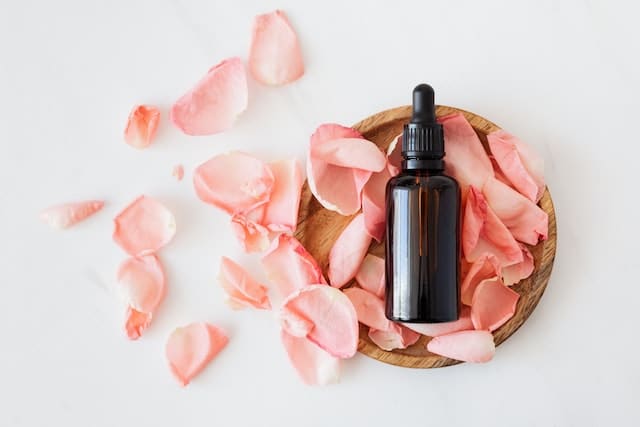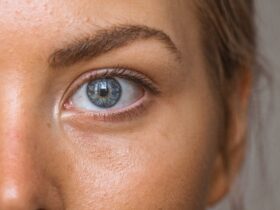Essential oils have been used for centuries for their medicinal properties. Rose oil is a popular choice, known for its sweet fragrance and therapeutic benefits. Rose essential oil is extracted from the petals of the Rosa damascena plant and contains a range of bioactive compounds that give it antimicrobial properties. Here, you will learn about the science behind the antimicrobial properties of rose oil.
Understanding Antimicrobial Properties
Before diving into the science behind this essential oil’s antimicrobial properties, you need to understand what antimicrobial properties are. Antimicrobial properties refer to the ability of a substance to inhibit or kill microorganisms such as bacteria, viruses, and fungi. Antimicrobial substances can prevent the growth of microorganisms or eliminate existing microorganisms.
Bioactive Compounds
Rose oil contains several bioactive compounds that give it its antimicrobial properties. The most significant compounds are citronellol, geraniol, nerol, and eugenol. These compounds have been found to inhibit the growth of various bacteria, fungi, and viruses.
Citronellol
Citronellol is a primary component of this essential oil, responsible for its sweet fragrance. Citronellol has been found to have antibacterial properties, inhibiting the growth of several bacteria, including Staphylococcus aureus, Escherichia coli, and Pseudomonas aeruginosa.
Geraniol
Geraniol is another significant compound found in this oil, known for its antibacterial and antifungal properties. Geraniol has been found to inhibit the growth of several bacteria, including Escherichia coli and Salmonella enteritidis. It has also been found to have antifungal properties, inhibiting the growth of several fungi, including Candida albicans.
Nerol
Nerol is a compound found in rose essential oil, known for its antifungal properties. It has been found to inhibit the growth of several fungi, including Candida albicans, Aspergillus niger, and Penicillium chrysogenum.
Eugenol
Eugenol is a compound found in several essential oils, including this one. It has been found to have antimicrobial properties, inhibiting the growth of several bacteria, including Staphylococcus aureus and Escherichia coli. Eugenol has also been found to have antifungal properties, inhibiting the growth of several fungi, including Candida albicans.
Antibacterial Properties
Rose oil has been found to have significant antibacterial properties, making it a popular choice in treating bacterial infections. Several studies have been conducted to determine the efficacy of this oil against various bacterial strains.
In a study conducted in 2014, the antibacterial properties of this oil were tested against Escherichia coli and Staphylococcus aureus. The results showed that rose oil inhibited the growth of both bacterial strains. Another study conducted in 2015 found that it was effective against several strains of bacteria, including Pseudomonas aeruginosa, Escherichia coli, and Staphylococcus aureus.
Antifungal Properties
Rose oil has also been found to have significant antifungal properties. Several studies have been conducted to determine its efficacy against various fungi strains.
In a study conducted in 2011, the antifungal properties of rose oil were tested against Candida albicans, a common fungal strain that can cause infections. The results showed that it inhibited the growth of Candida albicans. Another study conducted in 2012 found that it was effective against several other fungal strains, including Aspergillus niger and Penicillium chrysogenum.
Mechanism of Action
The bioactive compounds in rose oil work together to give it its antimicrobial properties. The compounds disrupt the cell membrane of microorganisms, leading to their death.
In a study conducted in 2017, the mechanism of action of this essential oil against Escherichia coli was investigated. The study found that it disrupted the cell membrane of Escherichia coli, leading to the leakage of cellular contents and, ultimately, the death of the bacteria.
Conclusion
Rose oil has been used for centuries for its therapeutic benefits. The oil contains several bioactive compounds that give it antimicrobial properties. The compounds work together to disrupt the cell membrane of microorganisms, leading to their death. It has significant antibacterial and antifungal properties, making it useful in treating bacterial and fungal infections. The oil can also be used for a range of other medicinal purposes, including improving skin health and relieving stress and anxiety.














Leave a Reply